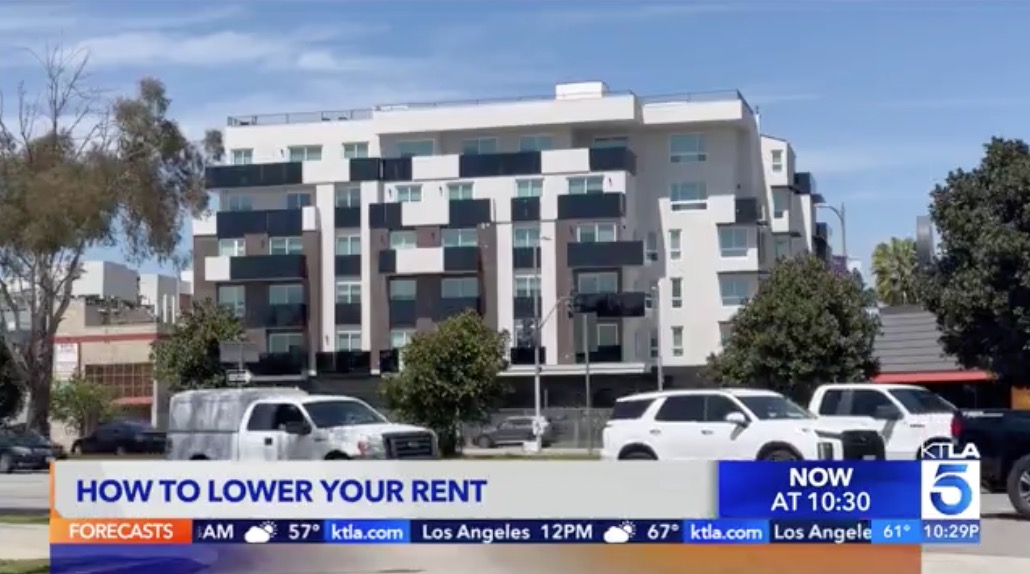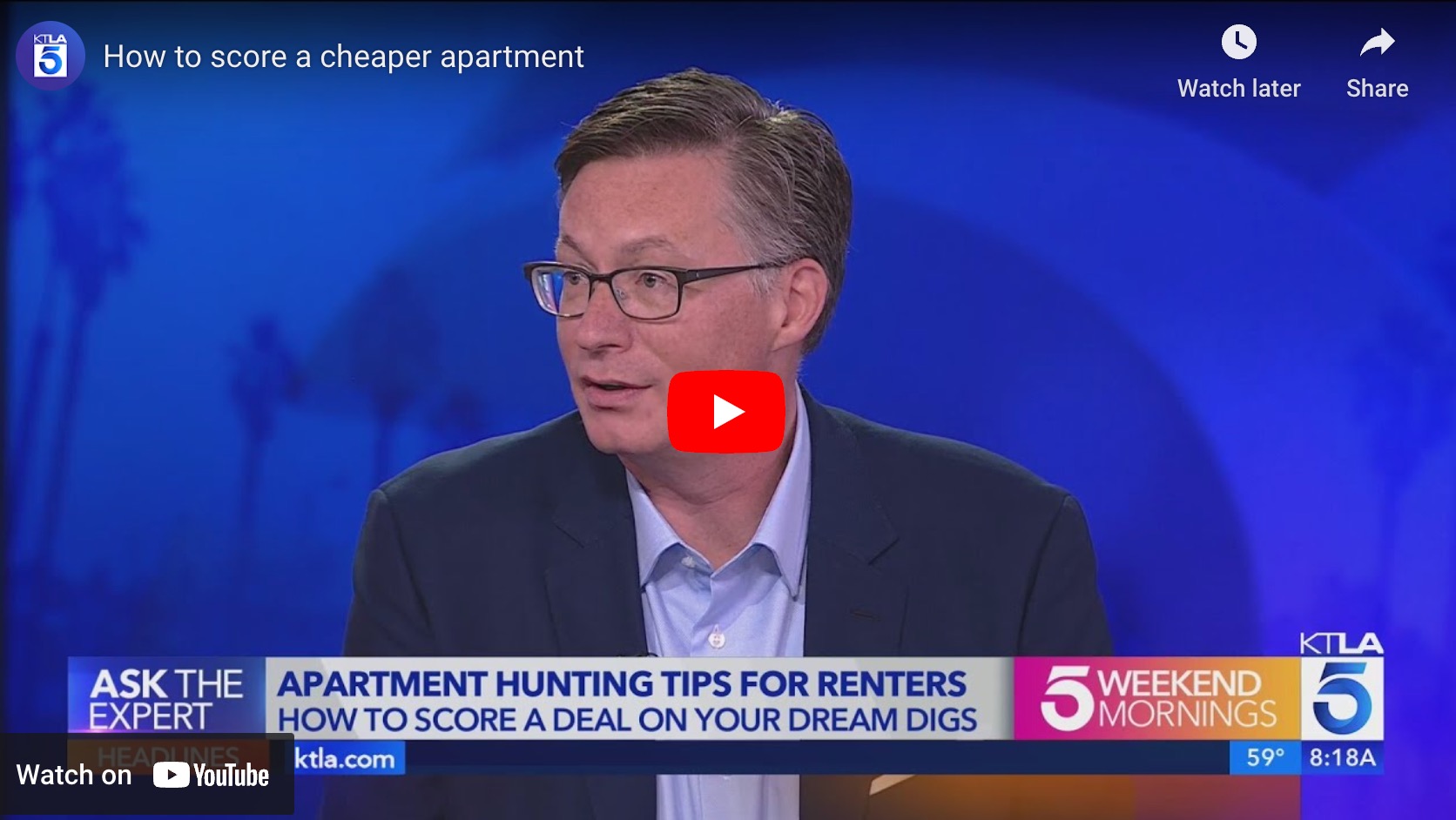The classic debate around renting or owning has taken on new dimensions in the midst of the coronavirus pandemic. The flexibility of renting is newly attractive to those seeking to shed longer-term commitments during a time of uncertainty, while those craving ownership and the feeling of being more rooted see new reasons to buy, and effectively bunker down, during a period of sheltering in place.
But the typical dynamic has become even more fractured, with new questions making the choice much more complicated. As Americans ask themselves questions about their future budgets, job prospects, and the rise of remote work, and reassess their preference for cities, suburbs and more remote, rural areas, the decision around where to live and work has become even more personal.
Start with the option to buy. The national homeownership rate hit 64.4 in 2019, part of a recent rise after the slow decline following the recession. The rebound, and the eternal calculus around buying, is seeing it as an investment, a long-term route towards building wealth and a nest egg for the future.
In most cases, that’s still true. But anyone entering the market now, either as a buyer or seller, has to contend with many more hurdles due to a prolonged selling process, tight mortgage market, and the potential for sudden income losses. Predictions prove difficult in even the most stable times, and it’s still very unclear where the housing market is headed later this year, suggesting a more frustrating experience.
If potential buyers see now as a time to cash-in on lower housing prices, they’ll still have to wait for the market to hit bottom. According to an analysis by Curbed, while new home listings have “cratered”—dropping up to 80 percent, year-over-year, in many markets in April and May—supply is still nowhere near meeting demand, and still hovers near historic lows, especially in expensive coastal cities. Home prices still remain close to pre-crisis levels; historically, recessions haven’t really moved home prices one way or another. Though badly shaken during its typically busy spring season, the housing market isn’t sinking, it’s on pause, with the number of buyers and sellers decreasing in tandem.
Those buyers still moving forward should get pre-approved and be ready to move, since options will be limited and competition will be fierce. They’ll also contend with a more challenging mortgage market. While mortgage rates took a brief drop this spring—the average interest rate for a 30-year fixed-rate mortgage was 3.15% for the week ending May 28, per Freddie Mac—qualifying has become more difficult. The Urban Institute has found that the so-called “mortgage credit box,” or the range of applicants who qualify, has been shrinking as a response to pandemic-led uncertainty, “threatening to return us to the 2010–13 period when only borrowers with nearly pristine credit could obtain a mortgage.”
Sellers should price with income pressures in mind, and be very cognizant of the increased importance of presenting their property online. If they’re looking to move rapidly and cut costs, iBuyers—startups that buy homes based on algorithmically determined prices to speed up the moving process—have resumed operations after a temporary break during the start of the COVID crisis.
The current market has also played out in interesting ways for Airbnb hosts, or those who had been considering buying and renting property on the site as an investment. After the platform’s slow response to the pandemic, including evolving refund policies and establishing a fund for hosts, the short-term rental market has seen massive losses of bookings and income, which has led many hosts to turn their apartments back out onto the long-term rental market. According to a report from IPX, a Fidelity company, hosts are feeling overwhelmed: they expect a 44% drop in revenue between June and August, 47% don’t feel safe renting to guests, and 45% won’t be able to sustain operating costs if the pandemic lasts another six months.
The rental market may seem especially attractive now, but there are new uncertainties to factor in before signing a lease. For many Americans who are still able to work, especially in industries that now provide more options to work from home, there’s suddenly opportunities to live in different neighborhoods or even cities, and signs from recent data that rents are beginning to fall. In Silicon Valley and San Francisco, for instance, where tech giants are rapidly moving towards long-term work-from-home policies, rents for high-priced apartments have fallen, signaling the shift in demand. In May, rents for 1-bedroom apartments in Mountain View, Menlo Park, Cupertino, and Palo Alto, all in the heart of high tech, fell by 10 percent or more.
This moment may be one where setting down roots and buying isn’t the right move. It’s still incredibly expensive to buy homes in big cities with expanding job markets, so renting can offer a cheaper cost of living, and this fall may see decreased demand, and therefore lower prices. Overall uncertainty suggests the flexibility of being able to leave an apartment behind for better opportunities may be a smart bet.
Make sure you check out Part 1 – Complicated Moves for Renters, and Part 2 – Can I negotiate rent right now?, and Part 3 – Small Landlord Economic Relief is Lacking!, and Part 4 – Summer Reopenings Challenge the Home Rental Industry, of this 5 part editorial series.
If you can’t choose between renting and buying, maybe you can do both.
Want to get started with your rental search, start at Dwellsy.








